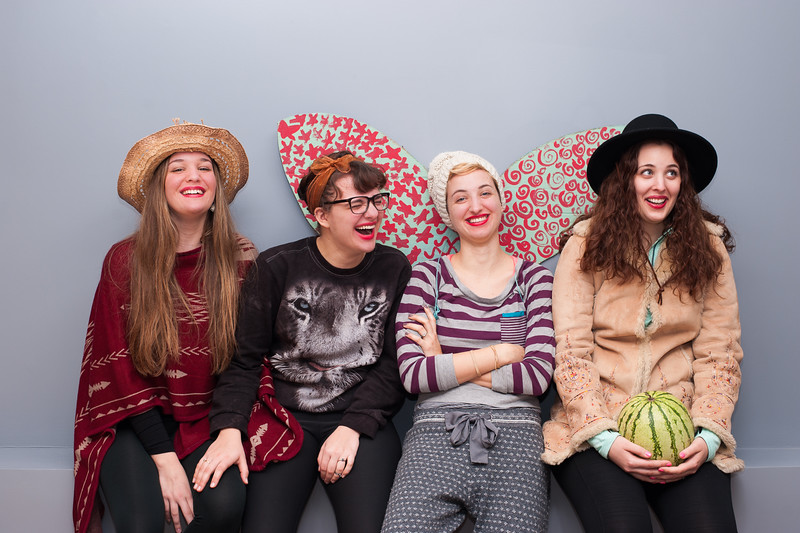I think it started the moment I read the 547th post about how I could be a good friend to a certain type of person. It just reached critical mass in my brain and I felt overwhelmed. I couldn’t possibly get it right all the time. I don’t have the ability to make all the meals, listen to all the problems, answer all the 2 a.m. phone calls, do all the hospital visits, provide all the respite care that would make me The World’s Best Friend. And I think I need to be okay with that.
I am definitely responsible for some of the “How to be a Friend to (fill in the blank kind of person)” posts that exist in the world. As a foster parent, adoptive parent, intermittently infertile woman, I have seen how friends can be a major source of healing or a major source of pain. I intentionally educate myself about what is going on in the lives of my friends and how I can be an active source of support to them. I love it that my friends want to know how to love me well. But at some point it can feel kind of overwhelming.
I don’t like that I’ve started to think about my friends as their category. The friend that struggles with depression, the friend with a health problem, the friend with a special needs child, the infertile friend, the working mom friend, the divorced friend, and on and on and on. I internally start to go through the lists of what to say, what not to say, how to help and then I settle on some kind of distinctly UNHELPFUL inertia because it’s just too much. Are you with me, Friends?
So I’m trying to do my part to lower my friendspectations. Someone can be my friend and not have to know exactly how to tiptoe around my current issues or make it their life mission to never say the “wrong” thing. I don’t want there to be an admission price to be my friend– a casserole to bring, a “thinking of you” note to write, a coffee to deliver. I want people to know I love them for who they are, not because they’ve mastered the art of friendship. It isn’t healthy for me to depend on my friends for all my validation in the world or to think my friends’ lives should revolve around making me feel loved. The truth is I DO want my friends to love me, but they can’t be responsible for making sure I *feel* loved at every moment of every day. I know exactly how much those feelings can change for reasons outside of my friends’ control and I just can’t pin that stuff on them. I don’t want to expect that they know exactly how to love me or support me in the way I need to be loved and supported in any given moment. If that’s my expectation, I absolutely will be disappointed with every relationship I’ve got. I want to give them the room to say the stupid thing, make the mistake, seem insensitive and then talk it through with them as needed. I want them to give me that same freedom, too.
I’m also working to figure out how to not get immobilized by fear when I’m trying to express love to someone. I want to tell that friend I’m so sorry about her current situation without saying one of those stupid, hurtful, insensitive things. But I also don’t want to say nothing. At some point you have to take the risk to reach out and sometimes the risky part is knowing you might hurt when you meant to heal.
Here’s what I’ve learned in the moments that could have been offensive– I have never been offended by love.
People have said stupid stuff, but when I knew they loved me it was okay. We could talk about it or sometimes NOT TALK ABOUT IT because you don’t actually have to call out your friends every time they say something weird or just don’t meet your friendspectations. I love that in 1 Corinthians 13 it doesn’t say “Love never says the stupid thing” it says “Love keeps no record of wrongs.” Sometimes it’s not about our friends always responding perfectly to our current crisis, it’s actually about US not holding it against them when they don’t. There are absolutely times to educate our friends, but there are also times to just recognize love when we see it and let go of our tendency to find offense.
We can make a part-time job (or at least an extensive hobby) out of finding the failures in the ways other people interact with us. We can take offense when none was intended and respond with defensive anger. OR we can be honest with our friends about our hurts with the full knowledge that sometimes they aren’t going to know what to say or how to help even if they truly love us and want to be our support. We can work to not categorize our friends by their pains and problems, but love them the way we want to be loved. We can set the bar low for our friends by just enjoying their presence and not expecting perfection. . . of them OR of ourselves.

